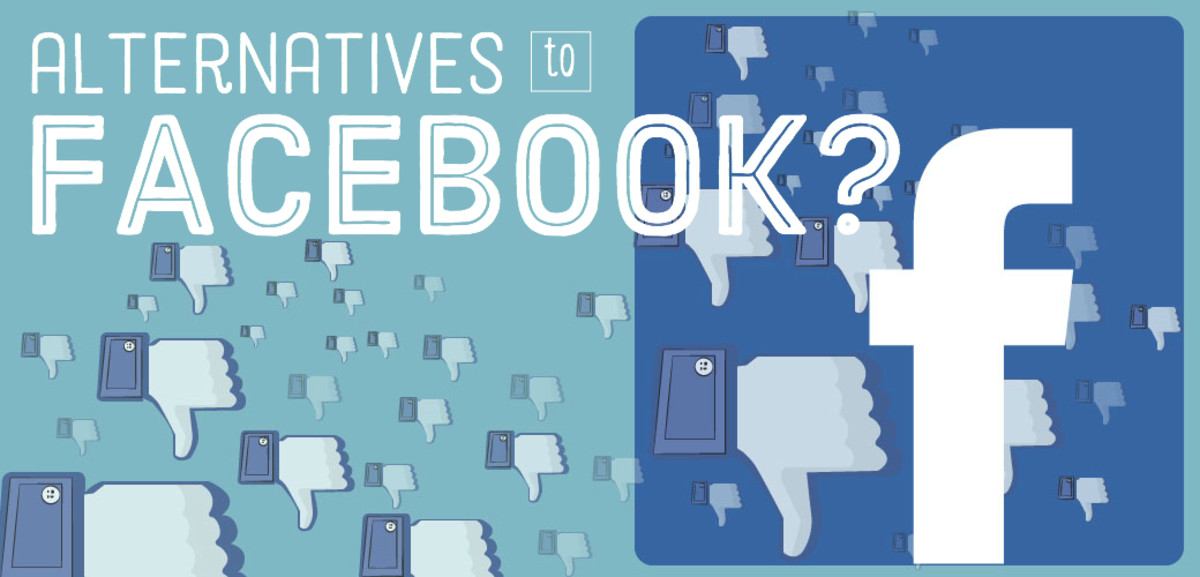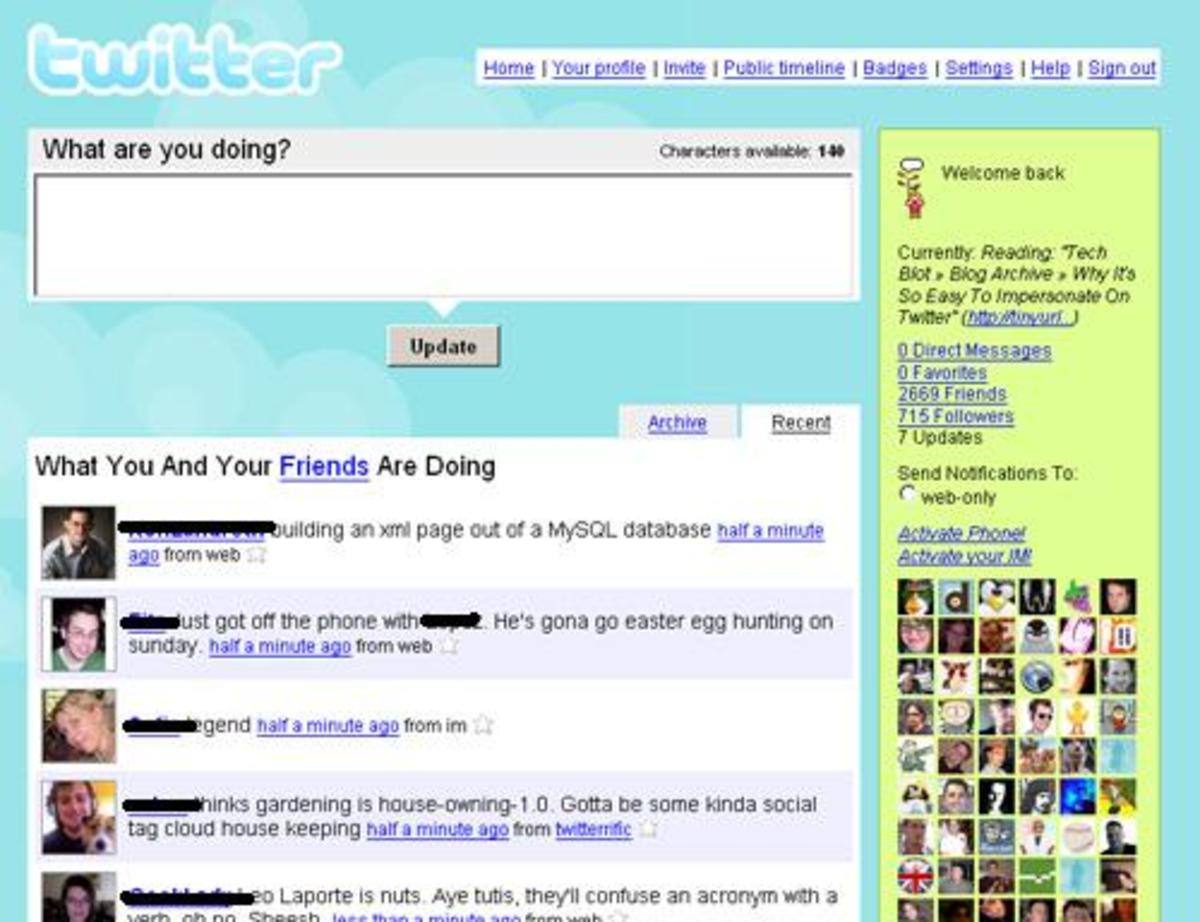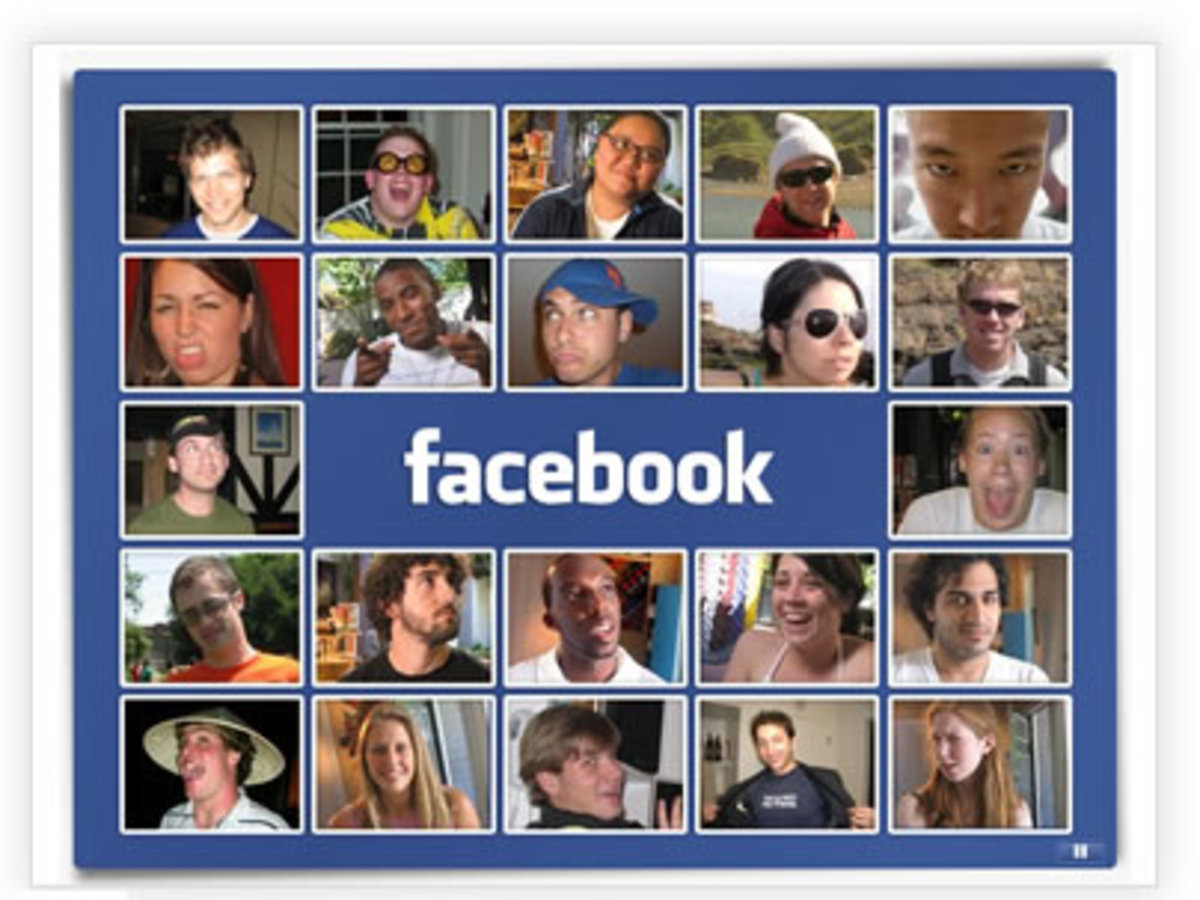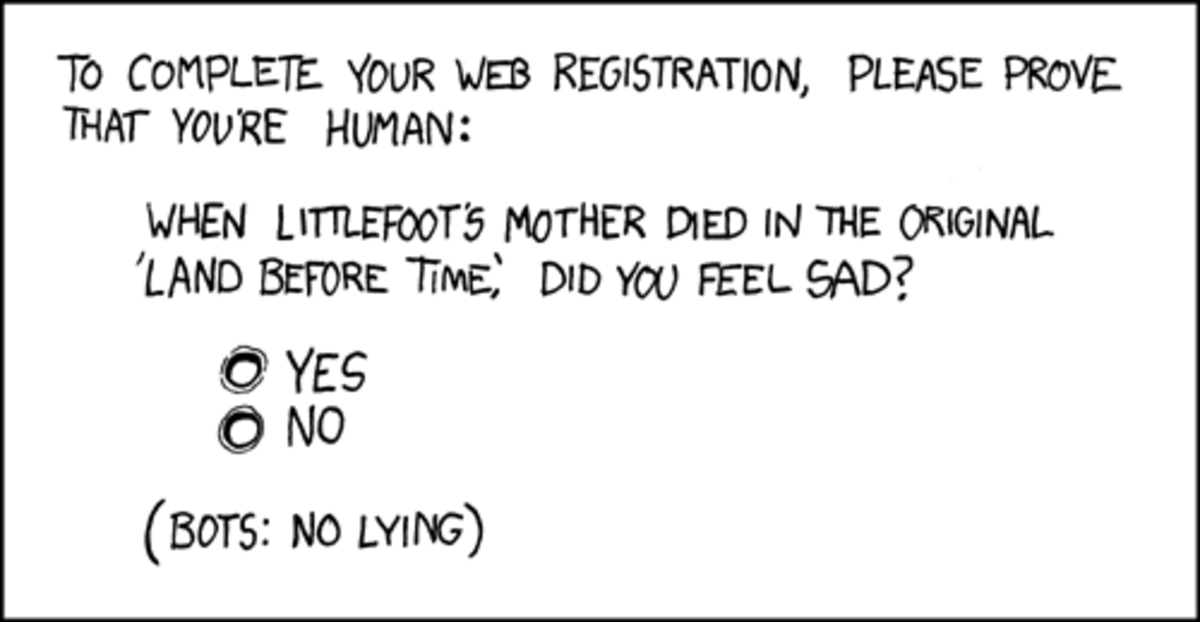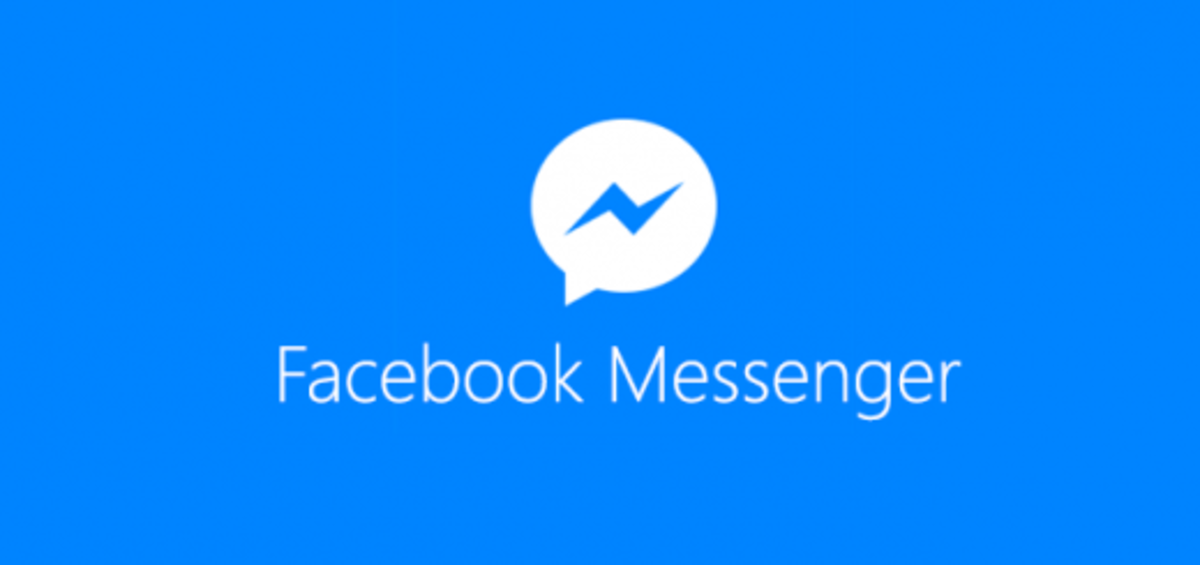Social Media in the Life of Children; A New Babysitter at Home:
Basic understanding about social networking Sites
Social Networking Sites (SNS) are basically developed to provide users with a place to create a profile, develop or create friendships or maintain a relationship with other users. Also, SNS are useful for posting photos, videos, news and events for everyone to enjoy. These websites can be successfully used by groups of individuals who share the same interests in religion, hobbies, professions/careers, activities, and so on. Other SNS provide an open access to everybody without focusing on a specific interest.
Social networking often involves grouping individuals, communities, family groups, and organizations. The friendships or relationships that can be created through social networking are meant to be beneficial to all members and evokes diversity. This means that millions of people all over the world can reach the same network. There are SNS that are open to everybody without requiring a membership, others do.
While social networking sites have a number of benefits, they can also be the perfect places for danger including: viruses, hackers, identity theft, fake identity, harassment, bullies, sexual predators, among other practices. This is way, it is imperative for everybody who wants to become a user of a social network site to research and read reviews and visit the site before opening an account. Make sure to take the necessary preventive measures while using a SNS: Use a reliable browser (ex. Moxila Firefox); Do not make public any personal information (date of birth, e-mail or home addresses, cell or home phone numbers). More important, do not jump into creating a personal relationship without knowing enough about a particular individual.
The sites this article refers to are meant to be used by adolescents (13+ or 16+) and adults. A number of these sites even require adults' permission for an eligible adolescent to become a user. Age eligibility are commonly found under the Sites "Use of the Service".
Some readers would think that this brief and basic overview of Social Networking Sites and how they work are known or at least taken into account by most people who use the internet. Even more, there could be arguments on how much knowledge adolescents have about SNS.
Note: It is important to clarify that this article does not condemn the Social Networking Sites used as samples. Although there should be some kind of regulations regarding SNS, they are not intended to be discussed here. It is the responsibility of pre-teens parents and guardians to ensure their safety and supervision of their activities on the Internet.
The main question is: How is it that tweens (mostly boys and girls ranging from ages 9 to 12 are active users of Social Networking Sites like: Facebook, Youtube, Twitter, MySpace, public chat rooms, or tumblr? (to mention some).
Video from Youtube: Think Time
More information and sources
Overview of socialization
There was a time when the majority of tweens (boys and girls whose ages are between middle childhood and adolescence, usually 8-12 years old) used to play outside or run around in the house with their friends or siblings for hours. For many tweens those times are gone or do not exist in their lives anymore. Playtime and friends gatherings have been the best tool for children and adolescents' mental, physical and emotional development. Boys and girls in pre-adolescent ages (mostly 10-12) need that time to deal with the beginning of peer pressure, self-esteem, socialization and physical changes. They are in a dilemma of looking to belong somewhere; they are not little kids, but they are not adolescent. This is the time for them to look for acceptance and understanding. If tweens do not meet their needs appropriately during that stage of their lives, they could have more difficulties when the teenage years come. They will be jumping from being a little child to adolescence.
Today, many tweens use the internet as a form of socialization and leisure. More even, they are using Social Network Sites to create their own community of "friends" or be part of one. More and more children learn how to use a computer or laptop since their first ages. When they get older and start having friends at school, the word about funny web-pages and interesting sites is passed among all. Then, because it is important to do the fun things others are doing, and the curiosity of being able to communicate with friends and other people, the tween starts to look around the internet and open the doors to that new, exciting and magical place called Social Networking Site (SNS).
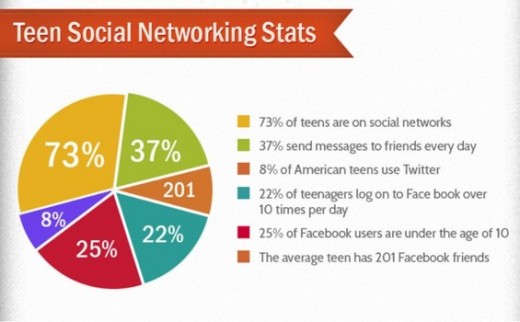
Experiencing some Social Networking Sites
The following are some SNS that were selected for this article after visiting, reviewing and researching them.
1. Facebook - It is different from many other social networks due to the good privacy control it offers to users. Adolescents of 13 years old and beyond are permitted to use Facebook. The problem here relies in the photos and the information tweens provide on the "basic information" or post on the "wall". Yes, it has privacy settings, but on the other hand, what many tween do is inviting other tween and teenagers they do not even know. I have seen pages of teens with 800 "friends"; others post on their "walls" their names, phone numbers and even where they will be at a certain time. At these ages and with this type of social tool, many situations can and have developed, like it has happened with bullying; tagging and copying photos to harm the image of the tween user; harassment, foul language and stereotype comments.
2. YouTube - All about video clips (music videos, custom videos and slideshows, news, events, and so on). A very interesting place many can enjoy and share with friends. YouTube has a Term called, "Ability to accept Terms of Services", which basically indicates that the users should affirm if they are 18+ years old or that they are 13+ years old and have legal parental consent or a representative able to understand and follow the terms and regulations stipulated on the site. Again, a great number of videos/photo clips of tweens are shown, others are downloaded. While many are positive and cute, others are very explicit and obscene. Also, comments can be very cruel, offensive and full of profanity for tween to be reading. On the other hand, there have been cases where video/photo clips have been copied with the purpose of harming the image of a specific tween.
3. tumblr - This site can be called "the never ending Networking". As soon as a page is open, music blasts your ears, and lines after line of photos and phrases appear. This site is basically a platform to express yourself and to use your creativity. Freedom of speech is the main aspect, which means that a user will see from the most beautiful dynamic photo to the most obscene one. Users can also write comments that could appear like a way to vent than anything else. As Facebook and YouTube, tumblr provides a "Use of Services" which indicates that no individual under the age of 13 should use its services. Also, it is interesting to read under "The Community Guidelines" that tumblr is not for promoting violence or extreme hatred against others; post any mutilation content, username abuse, and so on. Unfortunately, when a tween opens a page on tumblr, his/her mind would enter the most shocking flashing photos accompany with music and texts. This site is the perfect place for a tween to be presented with foul language; sexual content, self mutilation, suicide ideas, among others, which are explicit not only through phrases, but also pictures. The huge amount of photos depicting young teens in sensual poses could mislead the tween looking at them. Tumblr is one of the most dangerous sites for a tween to visit. Once again, there are very nice pages with amazing photos, but it is sad to say that it could be one of the most damaging social networking sites for a tween.
Conclusion
The topic of Social Networking and tweens can go on and on. Some readers would debate on the topic, which is a good idea because after an extensive research, it can be concluded that not much is written about tweens and the internet. What this group do, see or write on the internet (mostly on SNS) must be closely supervised by parents or guardians. It is imperative for parents to understand that merely talking to tweens about the internet and its danger is not enough. We are living in a time where children and adolescents have to face and deal with pressure coming from many sources, and that their decisions on how to use the internet could take negative turns. Also, tweens are experiencing a very delicate phase in their lives when the need for attention and acceptance are the main aspects. They are very vulnerable. Remember that there are others whose main purpose is to reach those vulnerable individuals and take advantage of them or do harm.
Going back to the question on how is it that tweens are active users of SNS that are not appropriate for their ages, some possible factors can be pointed out based on the findings.
A tween...
- who spends a lot of time alone on the computer with no supervision or any parental control on his/her computer has more chances to satisfy a curiosity without realizing the danger involved in doing so.
- whose parents do not believe in setting "parental control".
- who goes around age regulations on SNS and uses a fake date of birth in order to become a user. More disturbing is the fact of parents who know about this kind of action and do not do anything about this.
- who is looking for acceptance and confidence.
- who knows his/her parents do not know how to search the web or do not usually check on them.
- who thinks that because they are online and not physically near another user, he/she will be safe from predators.
Do you know where your kids are?



